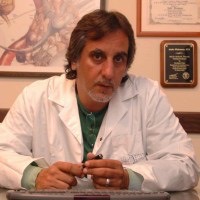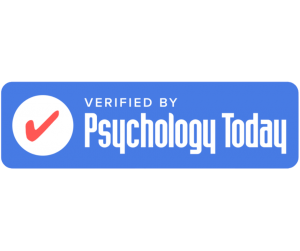You can maintain a sober life after addiction treatment by addressing internal and external factors that will help you avoid triggers, manage temptations, and handle challenging situations. In other words, creating an environment conducive to recovery is crucial, as is working on your mindset, routine, and future goals.
6 Strategies on How to Remain Sober After Addiction Treatment
Here are some strategies you can use to remain sober after addiction treatment:
#1. Build a Support Network
Building a support network will help you reduce the risk of succumbing to triggers and stressors that lead to relapse. The people who have your best interests at heart will serve as your safety net, as you will always be able to call them for comfort.
Your support network must consist of sober people. Like-minded individuals will not tempt you to use drugs or alcohol. Instead, they will help you push through difficult times and challenging moments.
#2. Practice Gratitude
Practicing gratitude after opioid addiction treatment will help you develop a strong appreciation for life and a fresh start. Once you start cherishing the life you have, it will be easier to recognize all the things you have to be thankful for, which will help you stay strong in the face of temptation.
You can start a gratitude journal to write about your thoughts and everything that makes you thankful. Try to dedicate half an hour a day to writing in it and read through your entries frequently to remind yourself how far you have come.
#3. Learn to Manage Stress
Since stress can play an integral role in addiction, it’s necessary to learn how to manage it. While it cannot cause opiate addiction on its own, it can exacerbate it and increase the chances of relapse.
By learning how to manage stress, you will equip yourself with powerful techniques that will teach you how to remain calm when faced with triggers and challenging situations. In return, this can become a valuable tool when facing problems in your private and professional life.
#4. Develop a Healthy Schedule
A healthy schedule helps reduce anxiety by keeping you active and focused on the next part of your day. It’s one of the main things a recovering individual must do if they want to keep being sober after addiction treatment.
To develop it, you should make time for things you enjoy. These activities will provide a much-needed break from daily stressors. Try to stick to your newly created routine each day, but don’t beat yourself up if you miss a day or two.
#5. Modify Your Environment
Your loved ones should modify your environment before you return home from opioid addiction treatment; if they don’t, you must do it right after you come back. This primarily includes removing and avoiding all objects and places that remind you of opioid use.
Fill your home with things that help you maintain a sober life after addiction, such as relaxing music, a piece of exercise equipment, and similar.
#6. Set Goals for the Future
By setting goals for the future, you’ll be able to see where you could be in two years. This image will give you a sense of why you should remain sober after addiction, making it much easier to stay on track. Likewise, having long- and short-term goals will help you understand what you need to do to get where you want to be.
Now that you have more time, money, and energy than before treatment, you can use these resources to set goals for different areas of life.
Achieving a goal related to sobriety or any other aspect of your life will give you a sense of pride. It will also help your body release dopamine, which will help tremendously with being happier and staying sober after addiction.
Turn To ANR for a Safe and Effective Opioid Dependence Treatment
If you are struggling with addiction, you should promptly take matters into your own hands and reach out to a professional, such as ANR Clinic.
Unlike some other treatment options that only focus on detoxing the body, ANR treats the root of your opioid dependency or addiction by returning the central nervous system into balance and enabling the body to resume proper endorphin production.
Contact us to book an appointment to get help from a reliable team led by Dr. Andre Waismann that has helped more than 24,000 patients battle opioid addiction with success.







